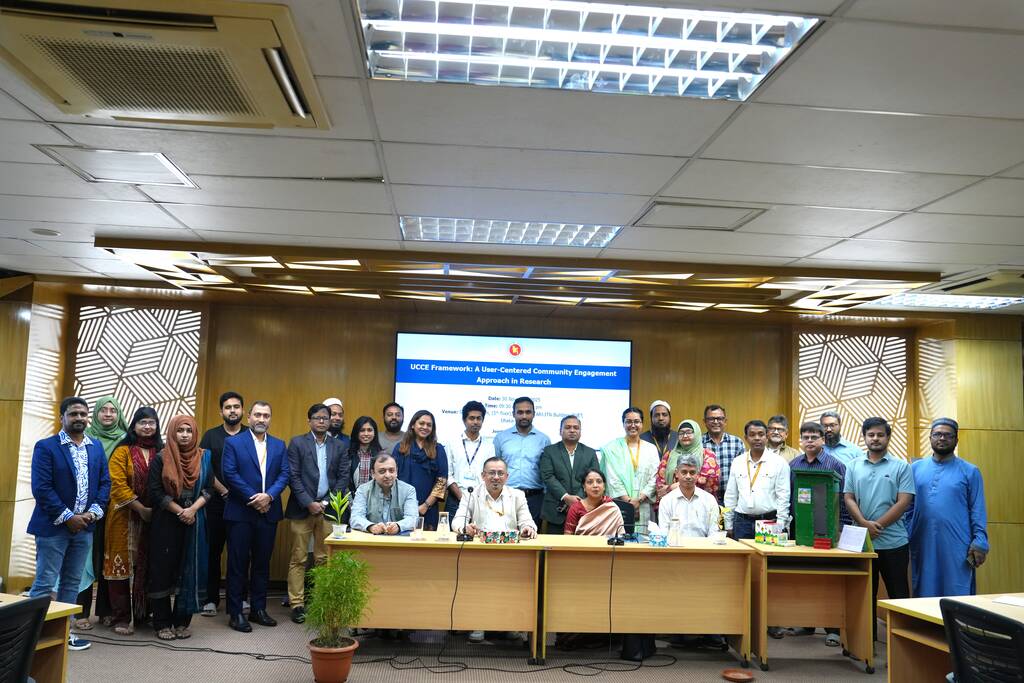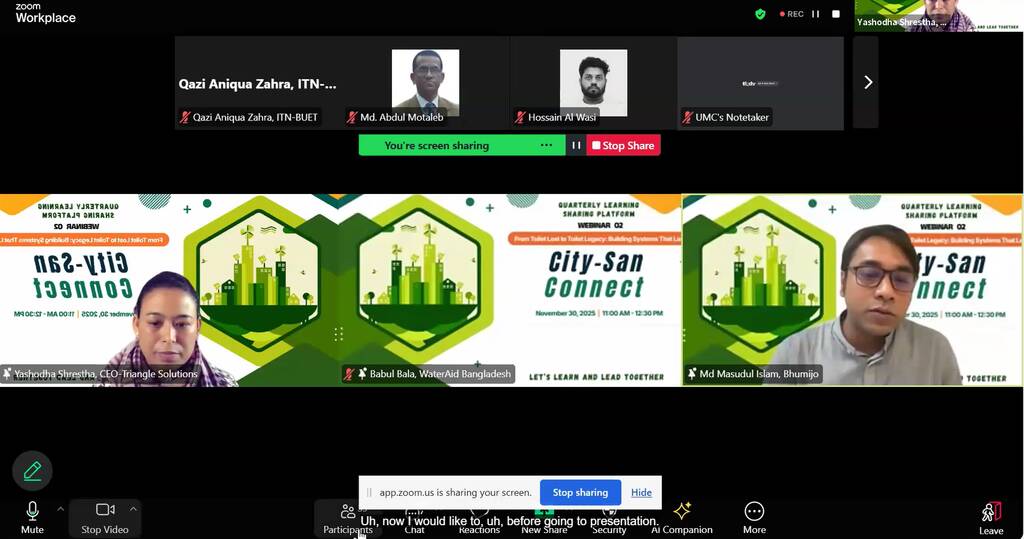Financial model of Fecal Sludge management (FSM) should be transformed into viable business model to sustain sanitation services, benefit communities, and protect the environment.
Recently, participants shared their opinions at a workshop on FSM Business Packages at ITN-BUET.
International Training Network of Bangladesh University of Engineering and Technology (ITN-BUET), in collaboration with CWIS-FSM Support Cell, Department of Public Health Engineering (DPHE), and SNV Netherlands Development Organization, is developing training modules focused on ‘Fecal Sludge Management (FSM) Business and Marketing’ for private operators and ‘Fecal Sludge Management (FSM) Financial Model’ for paurashavas and city corporations. The first set of modules will equip private operators with essential skills in FSM Business and Marketing, while the second will provide invaluable insights into creating an effective FSM Financial Model tailored to the needs of paurashavas and city corporations. This initiative promises to improve sanitation practices, bringing about a positive impact on communities and the environment.
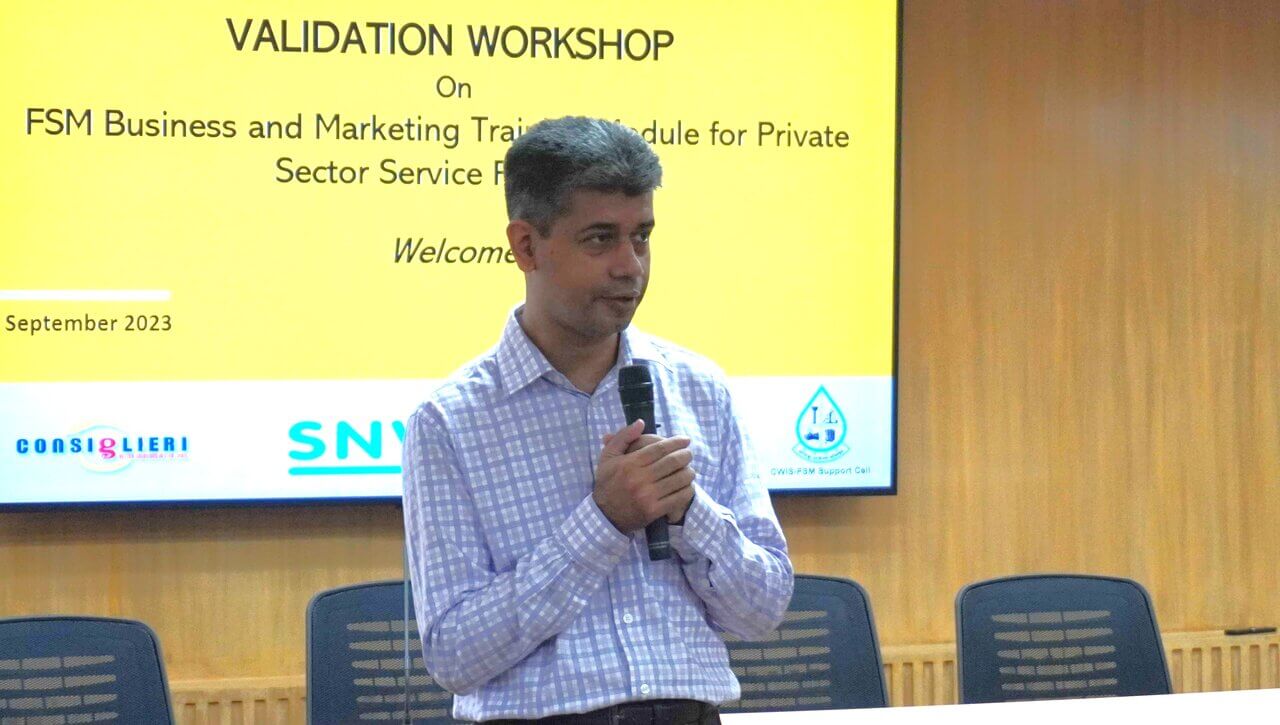
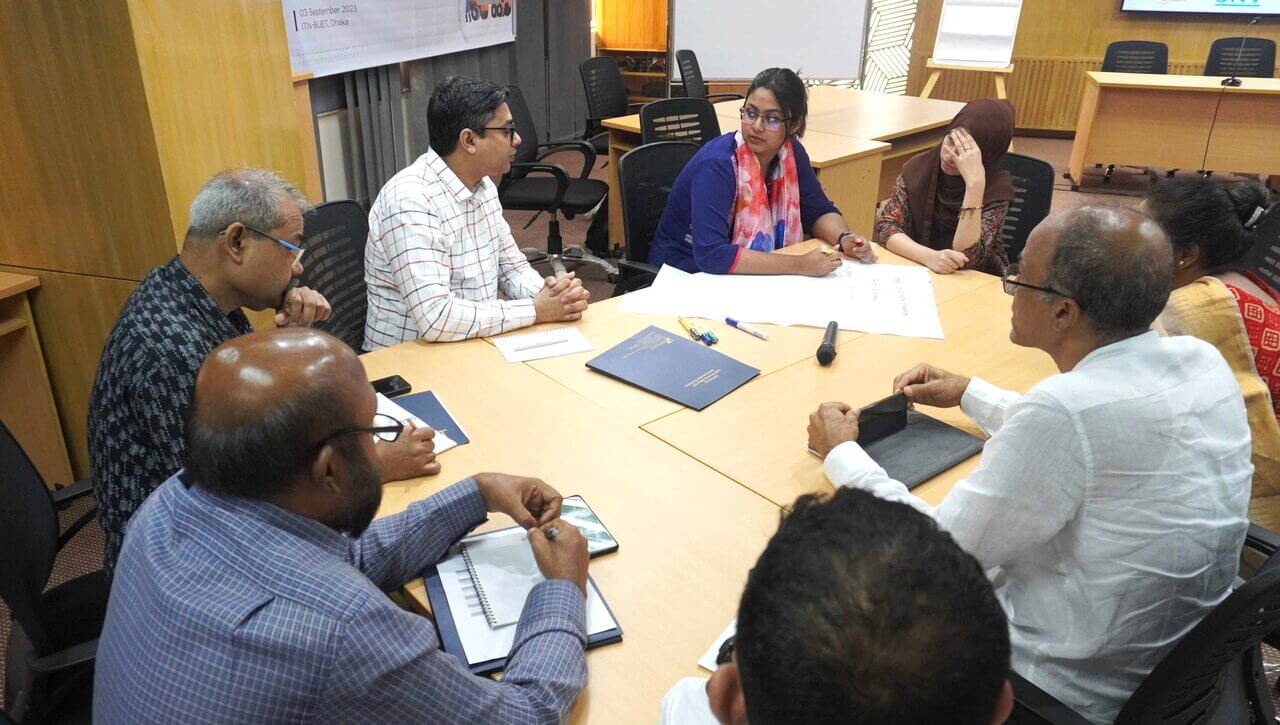
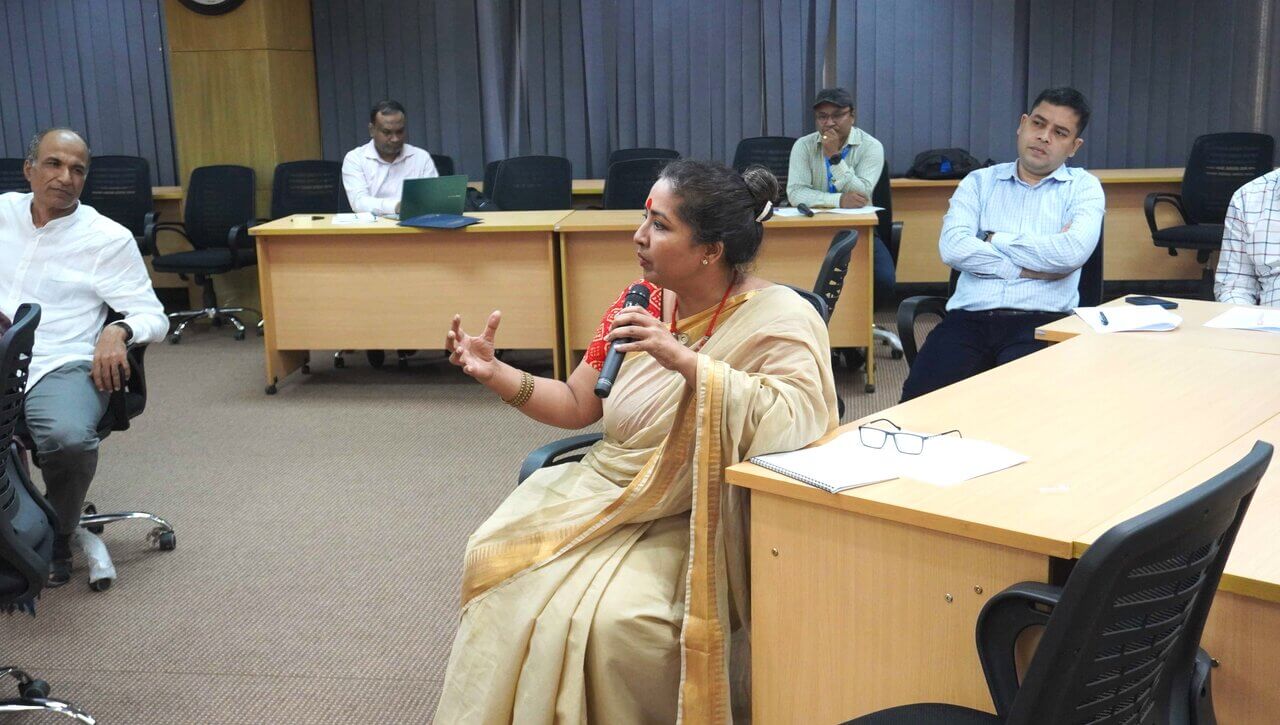
To gather insights and opinions from sector experts on the modules, the collaborators organized a workshop involving 21 participants, including 7 women, on 3rd September 2023. The objective of the workshop is to identify the suitable model for the paurashavas and the business opportunities for the private operators. The primary aim of this workshop was to enhance the quality of the modules and refine them. The workshop brought together experts and officials specializing in the water and sanitation sector. Participants included representatives from DPHE, City Corporations, and Paurashavas, comprising Executive Engineers, Town Planners, and Business Experts from both the development and private sectors.
During the welcome address, the Project Manager of ITN-BUET, Mr. Alauddin Ahmed, emphasized the critical role of business and financial models in fecal sludge management in cities. He highlighted the ongoing efforts by development partners to transform these models into practical business strategies. Mr. Ahmed further emphasized the opportunities to introduce these models in more than 150 paurashavas where DPHE is implementing FSM. under government projects. The paurashavas will adopt the most suitable model based on their specific needs and circumstances.
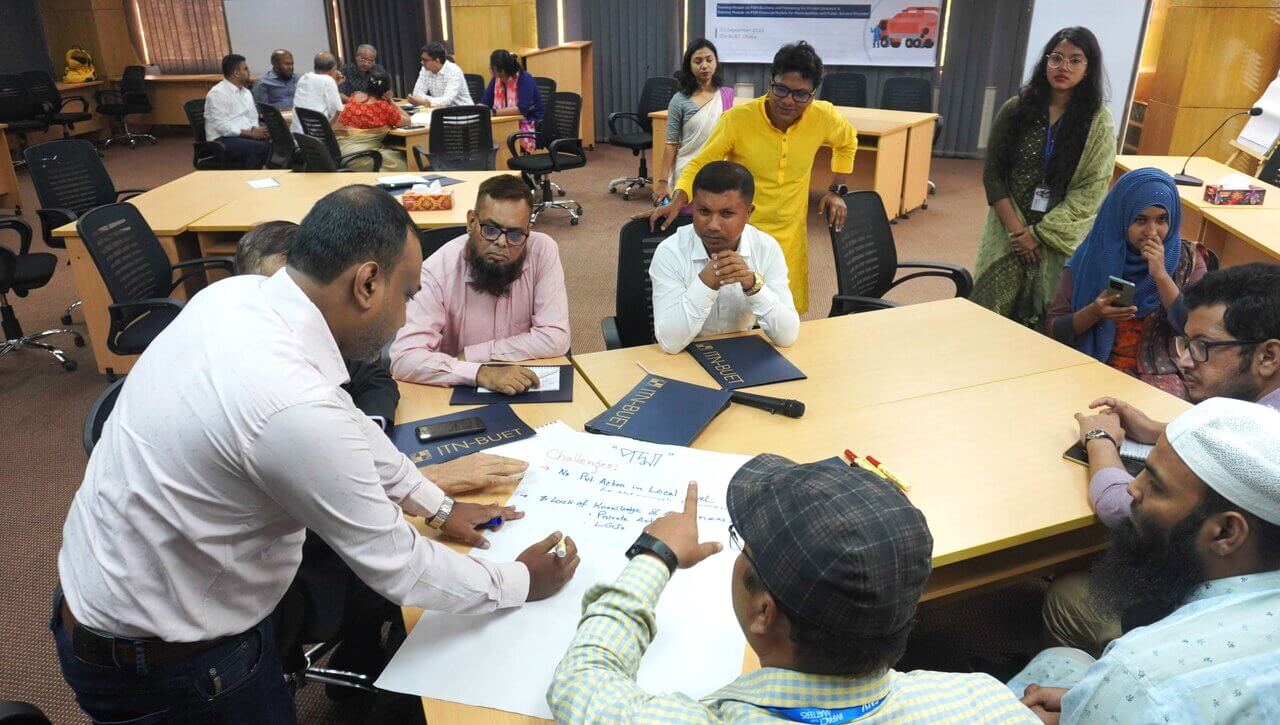
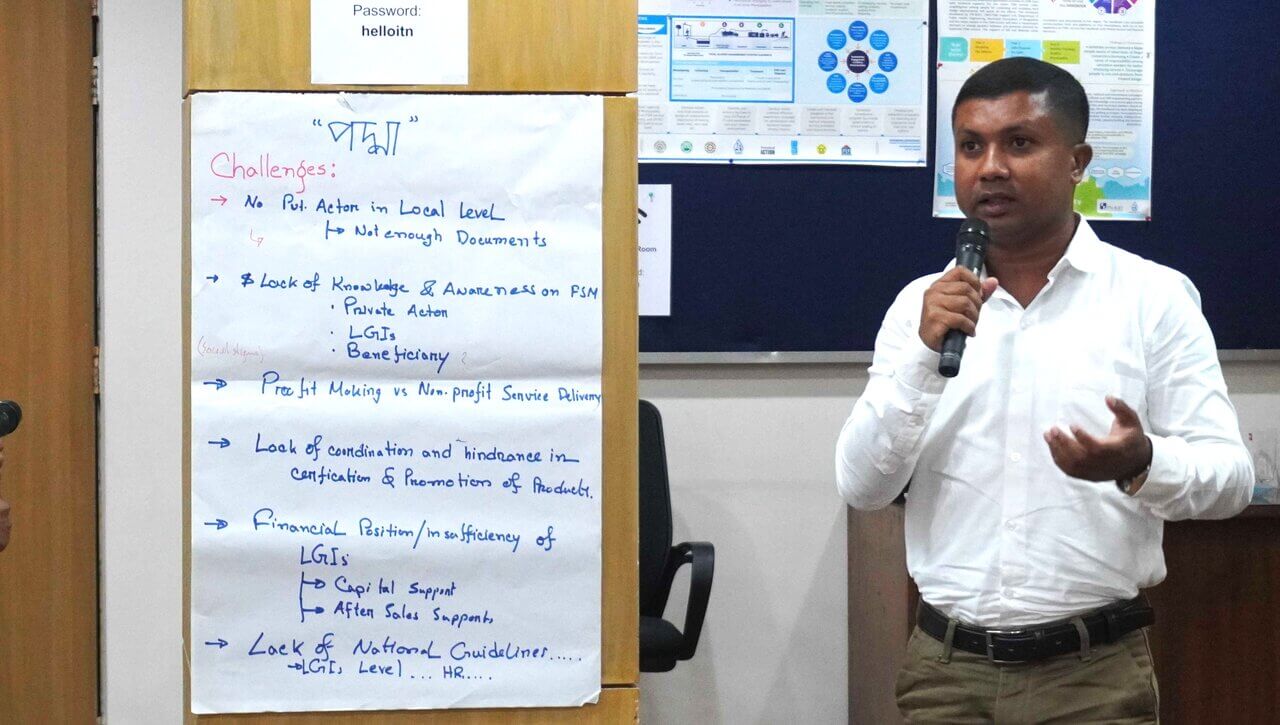
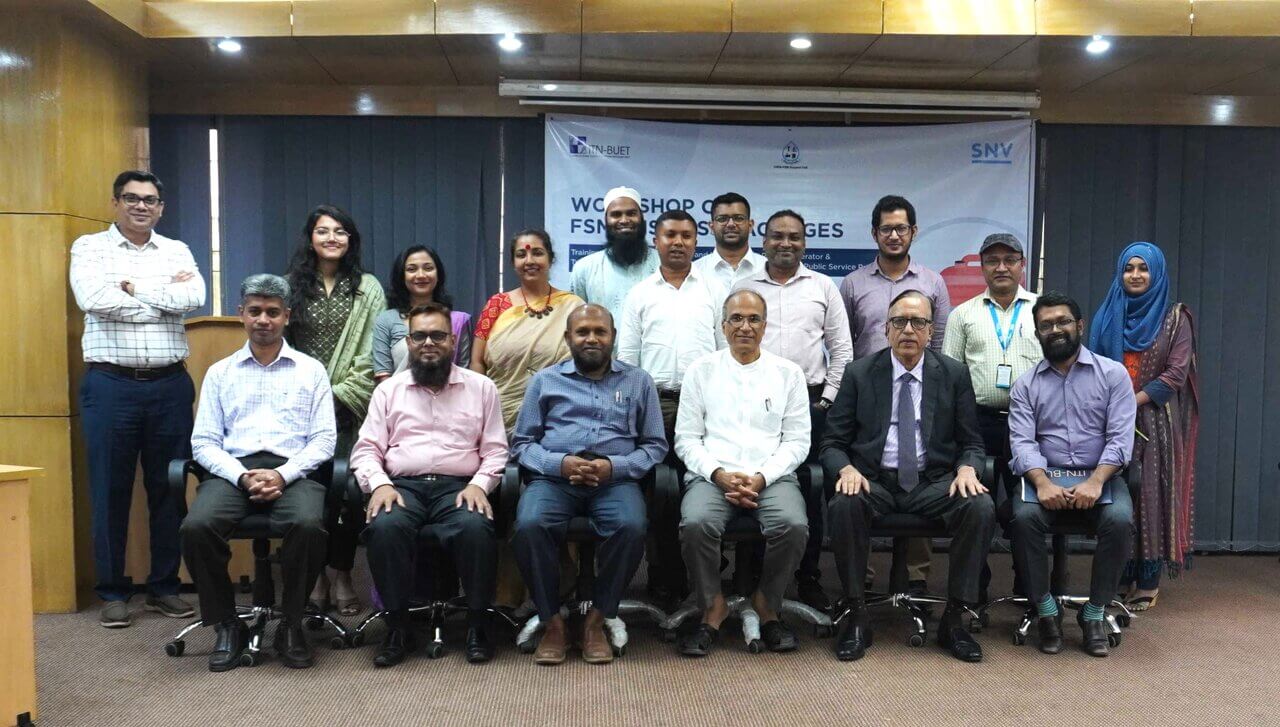
The participants actively engaged in discussions and group work on business sustainability needs and challenges in FSM business, FSM business and marketing training modules, implementation strategy of scaling up, financial training module for municipalities, and FSM business analysis for city corporations and paurashvas. The participants shared valuable feedback regarding the module content. The training modules will be piloted and scaled up to ensure sustainable FSM services by the paurashavas and private entrepreneurs.



